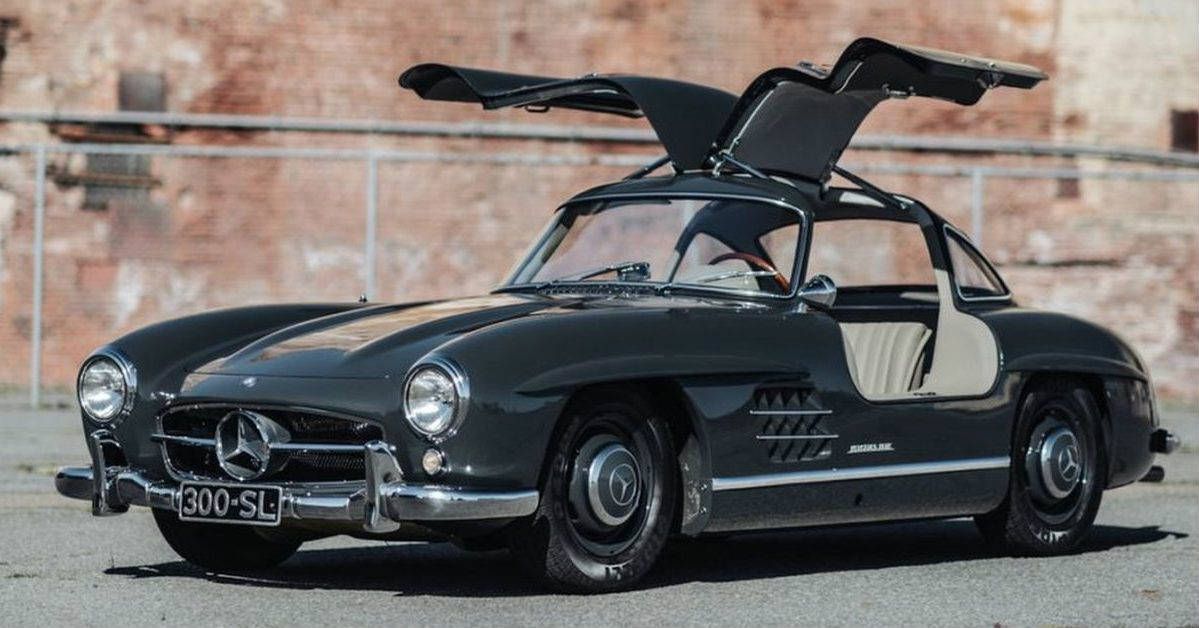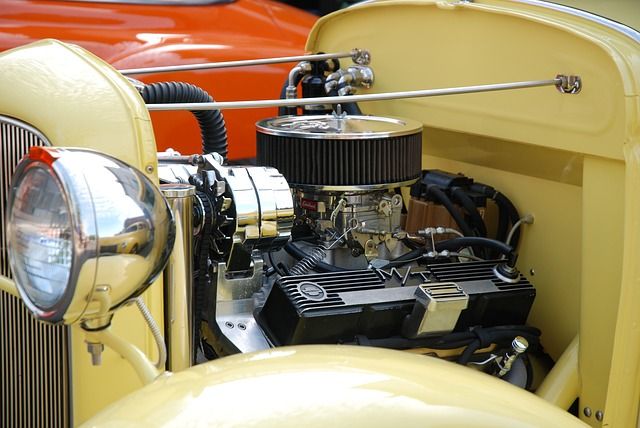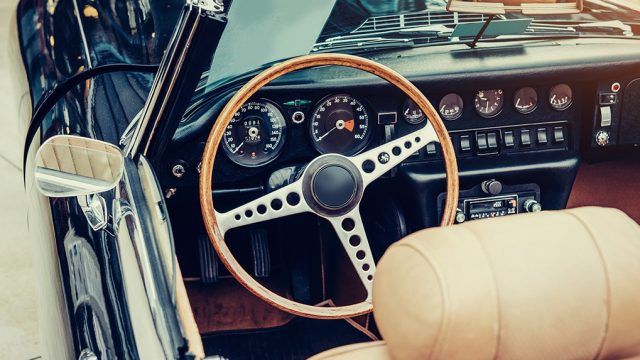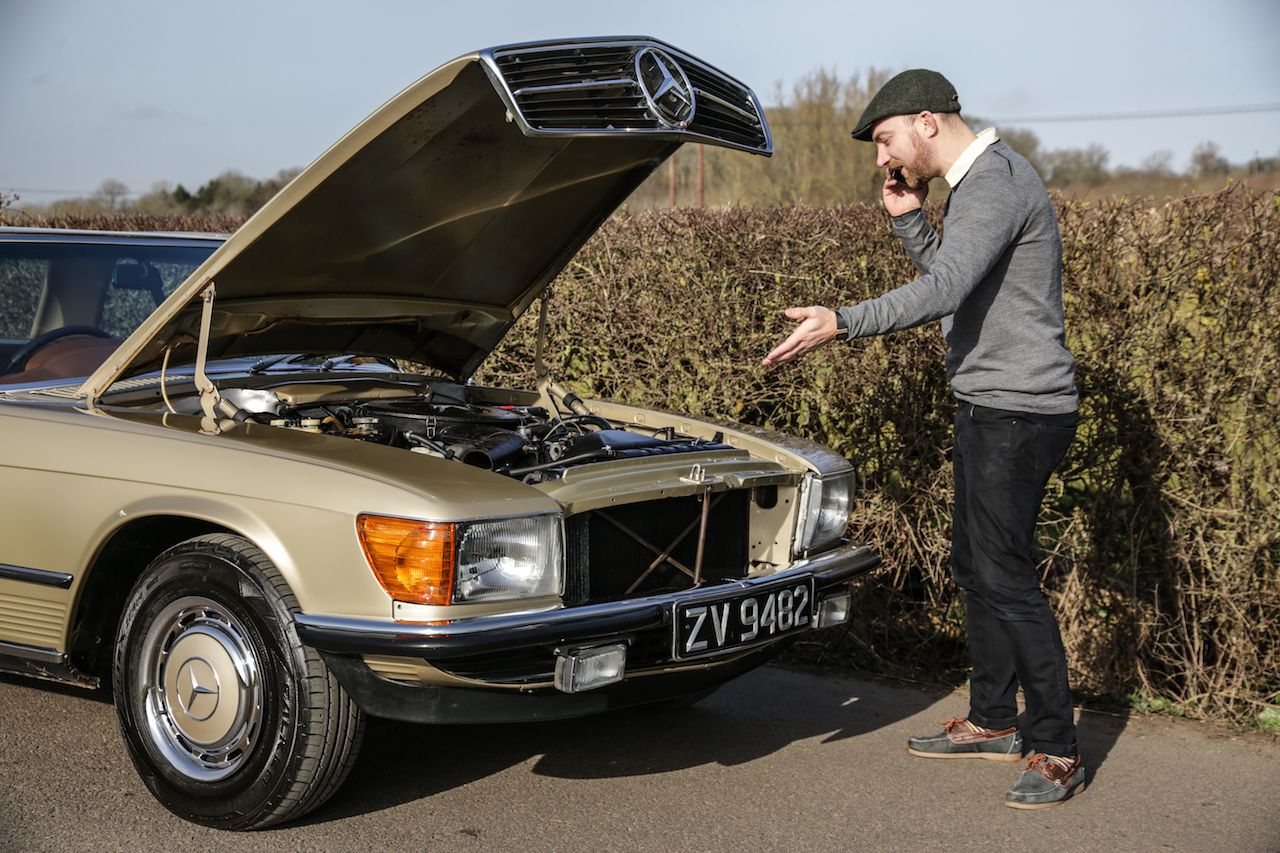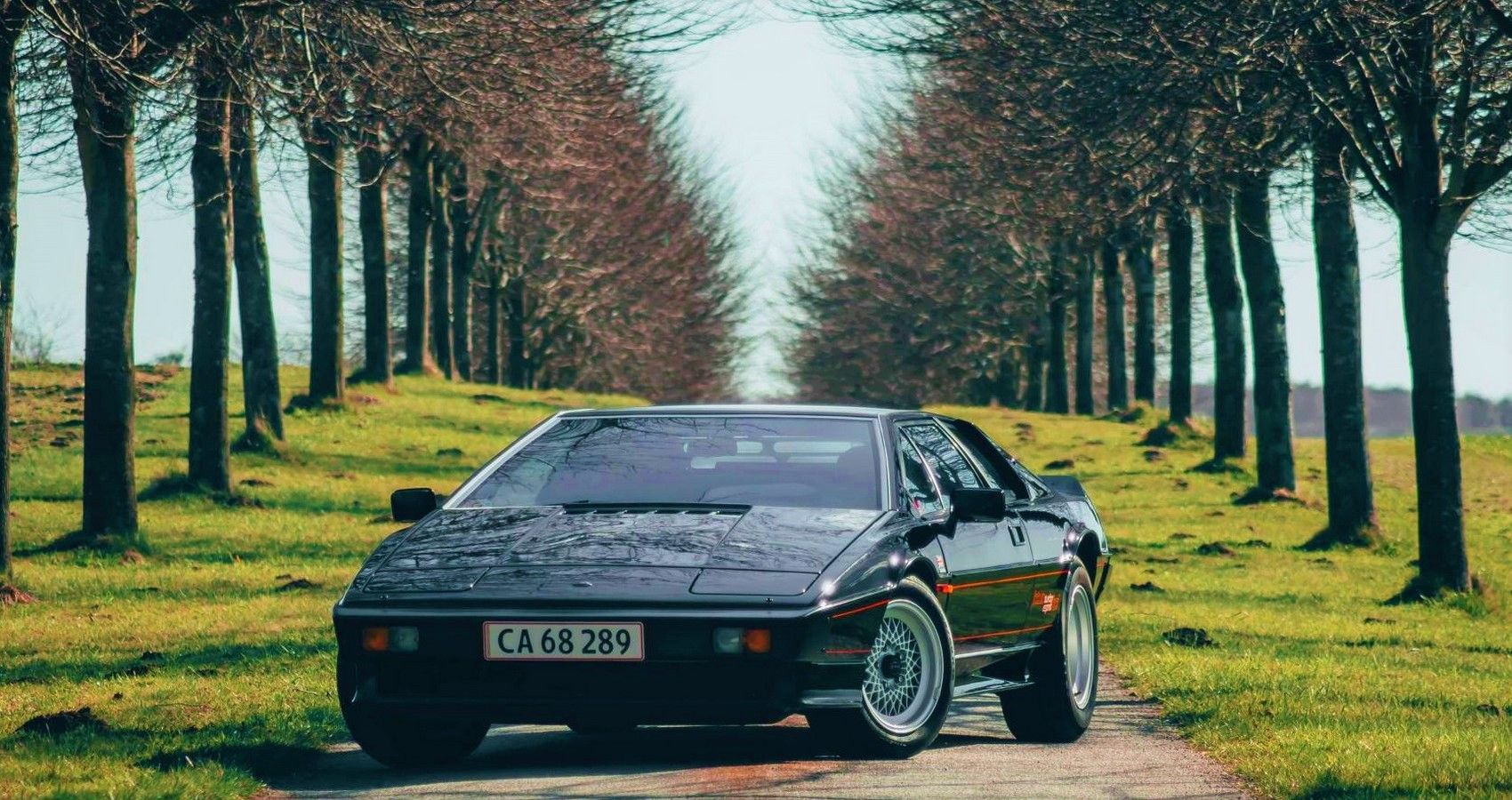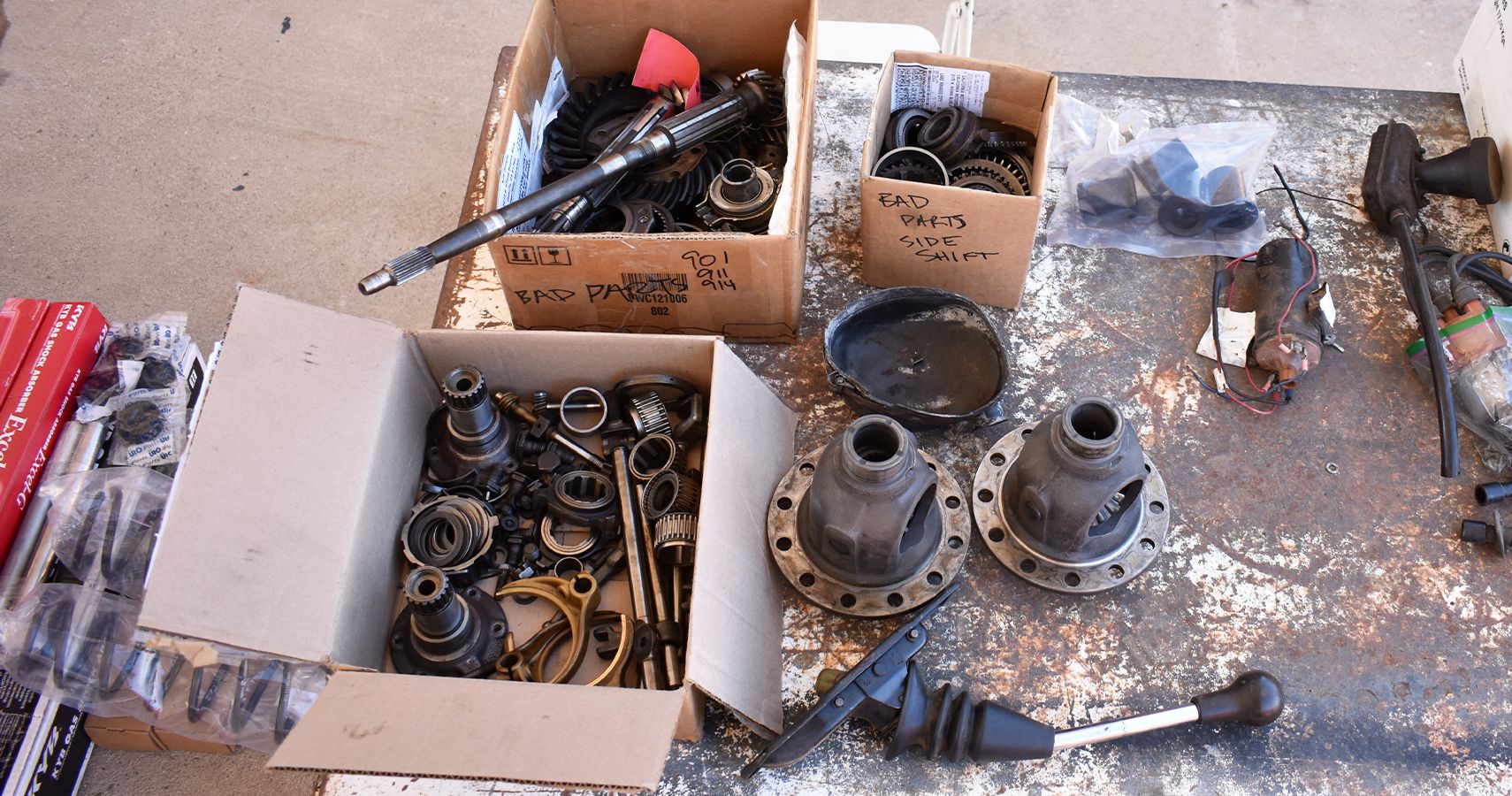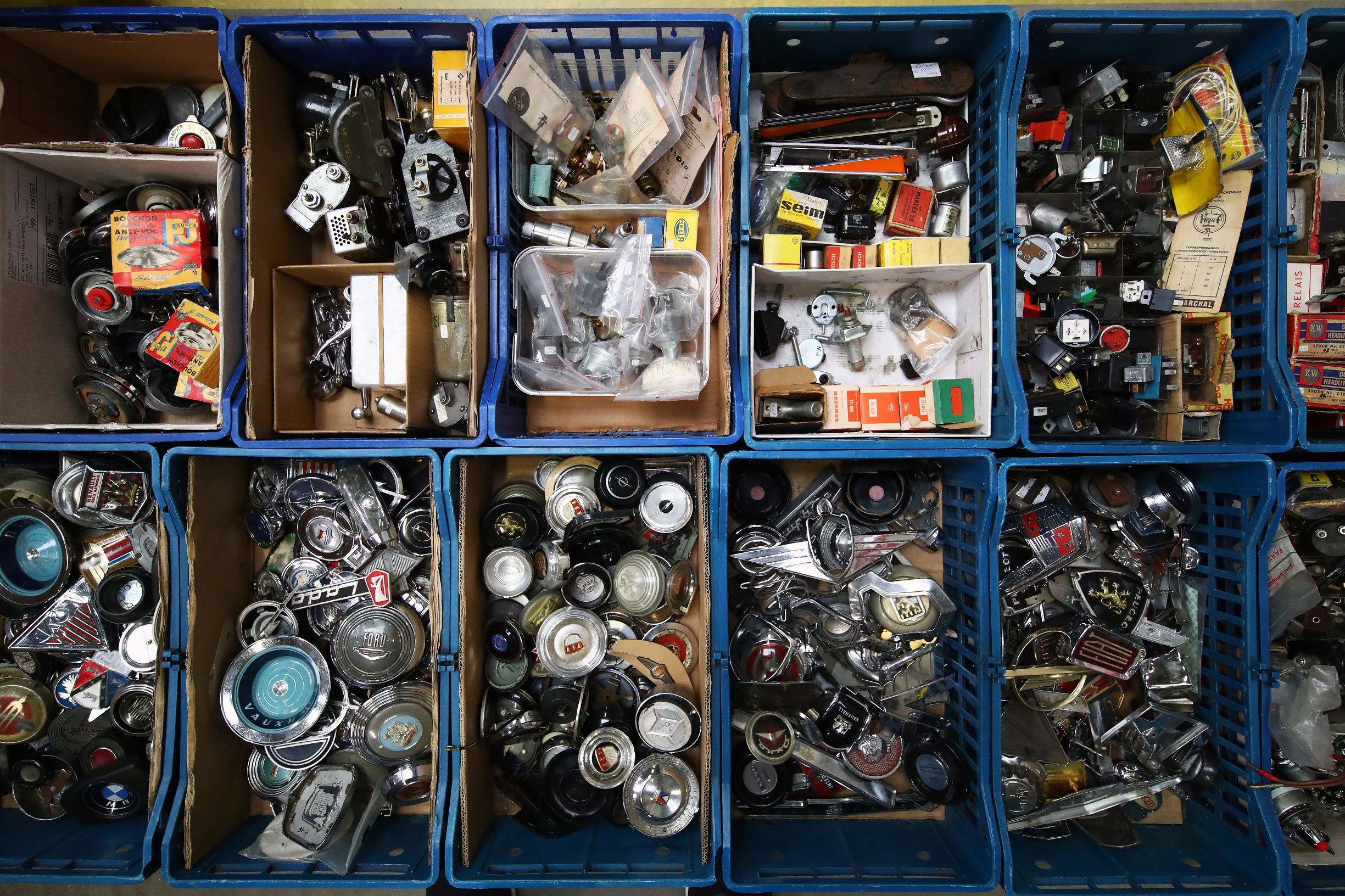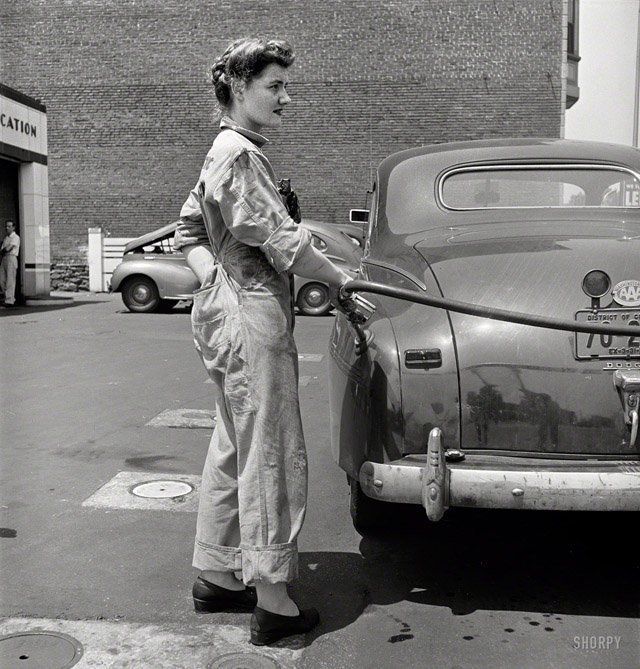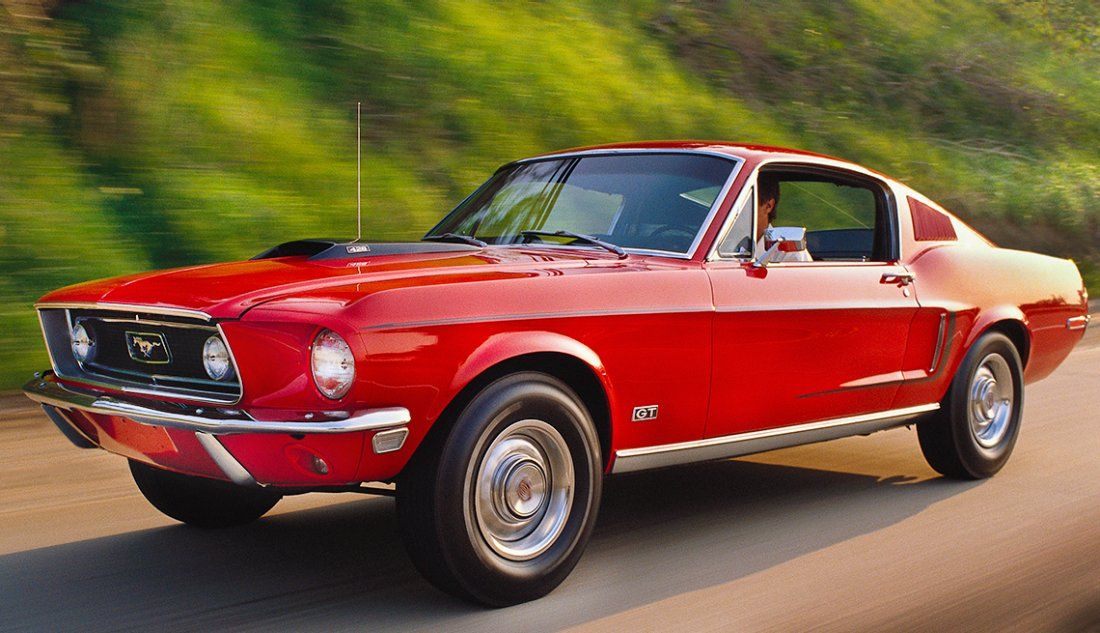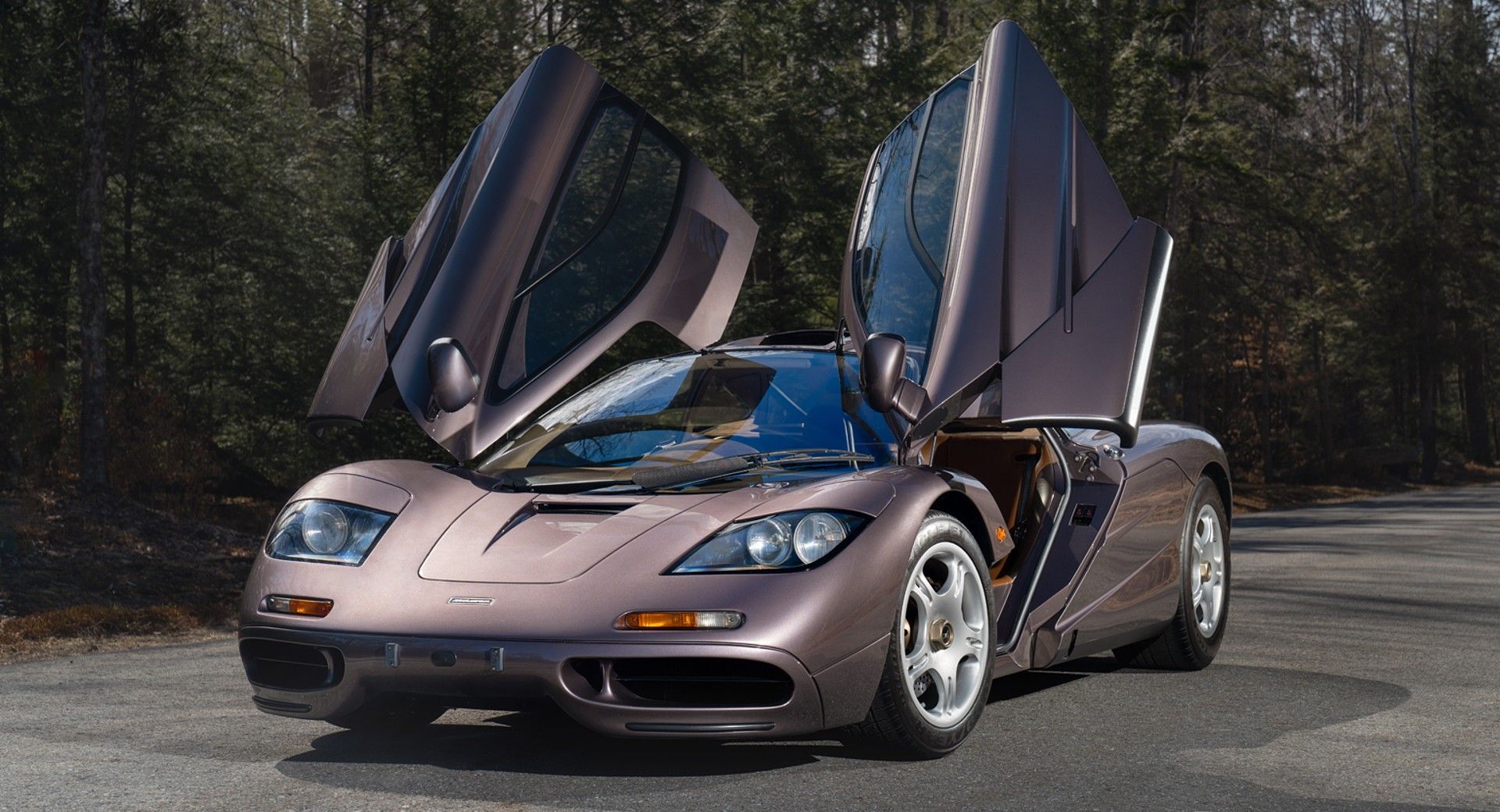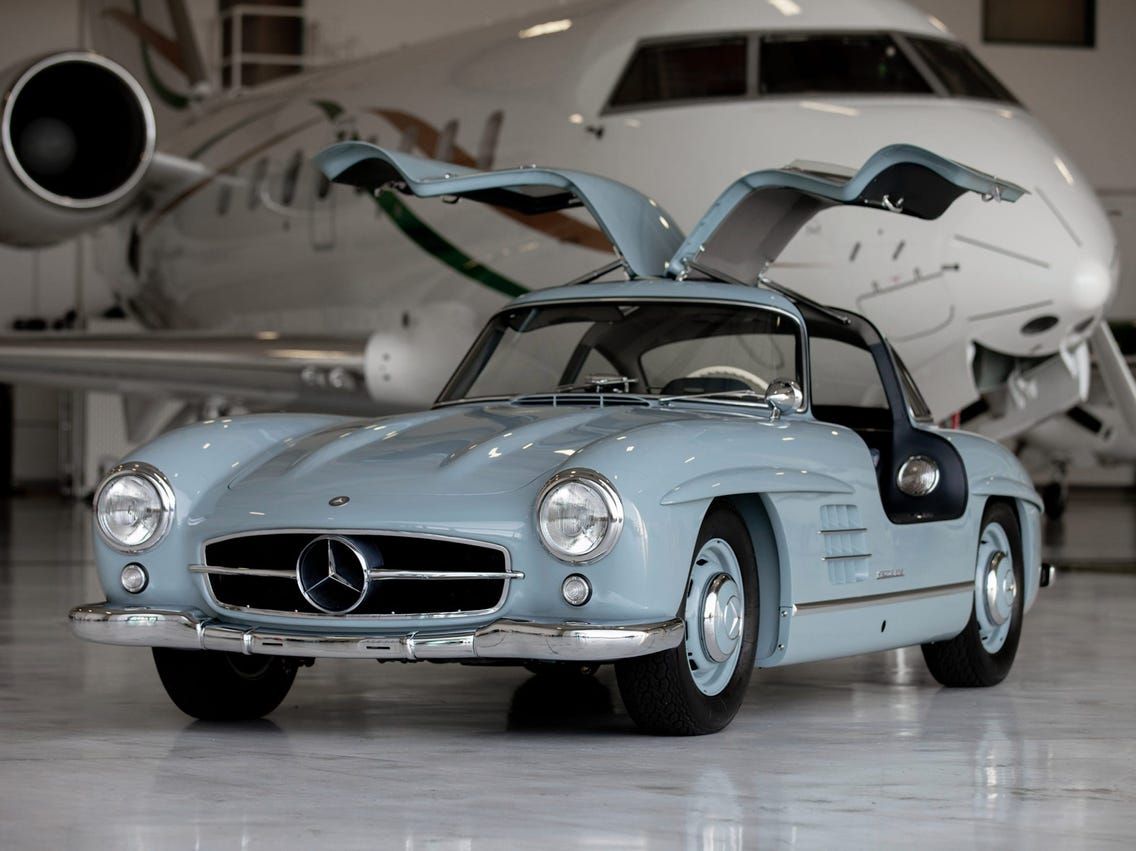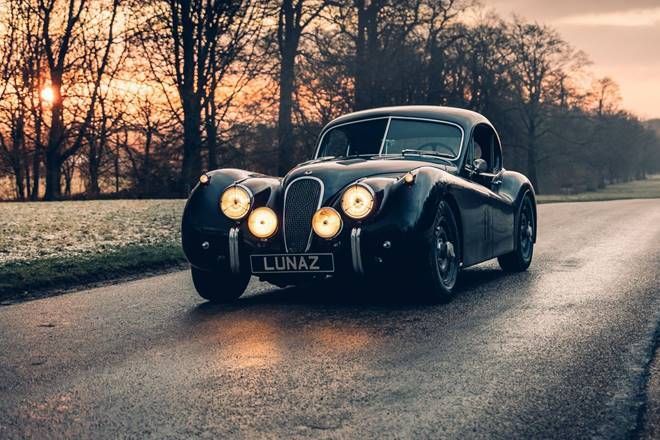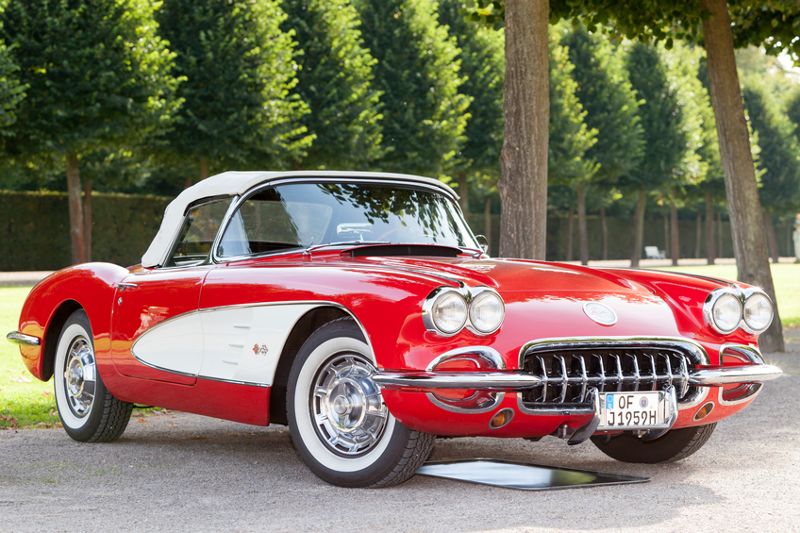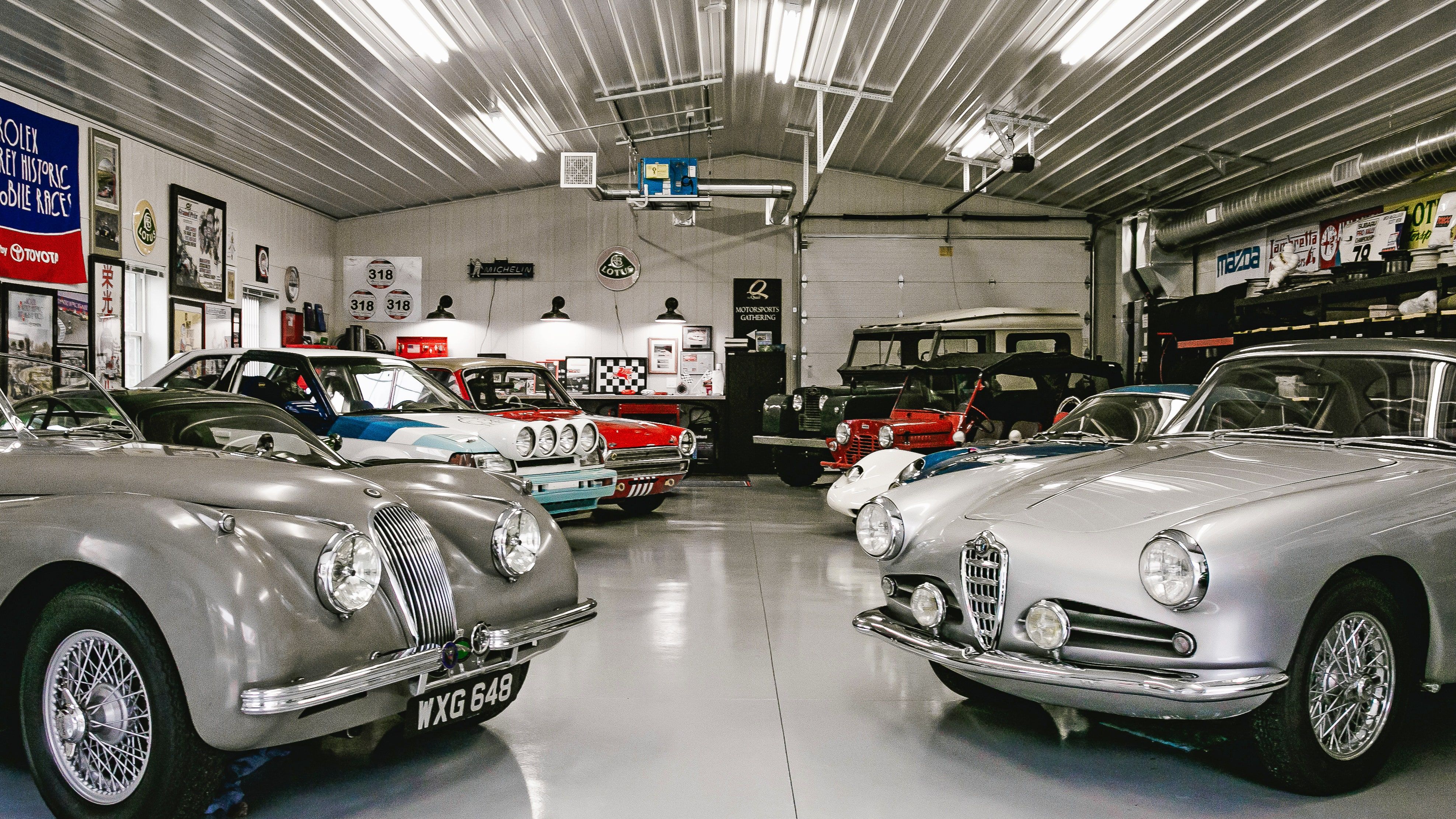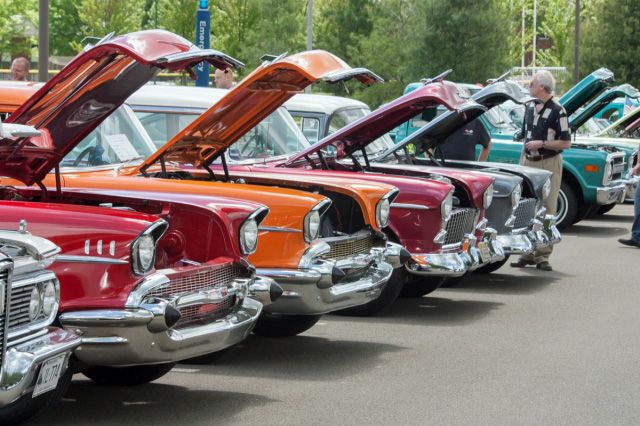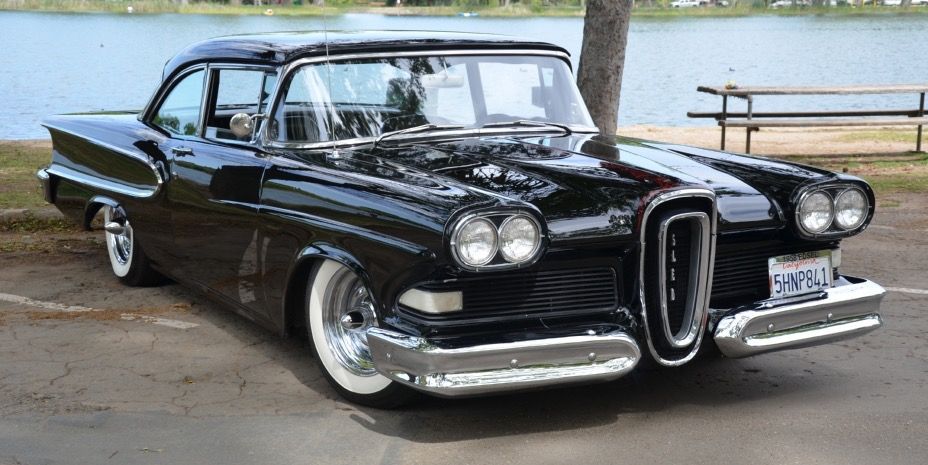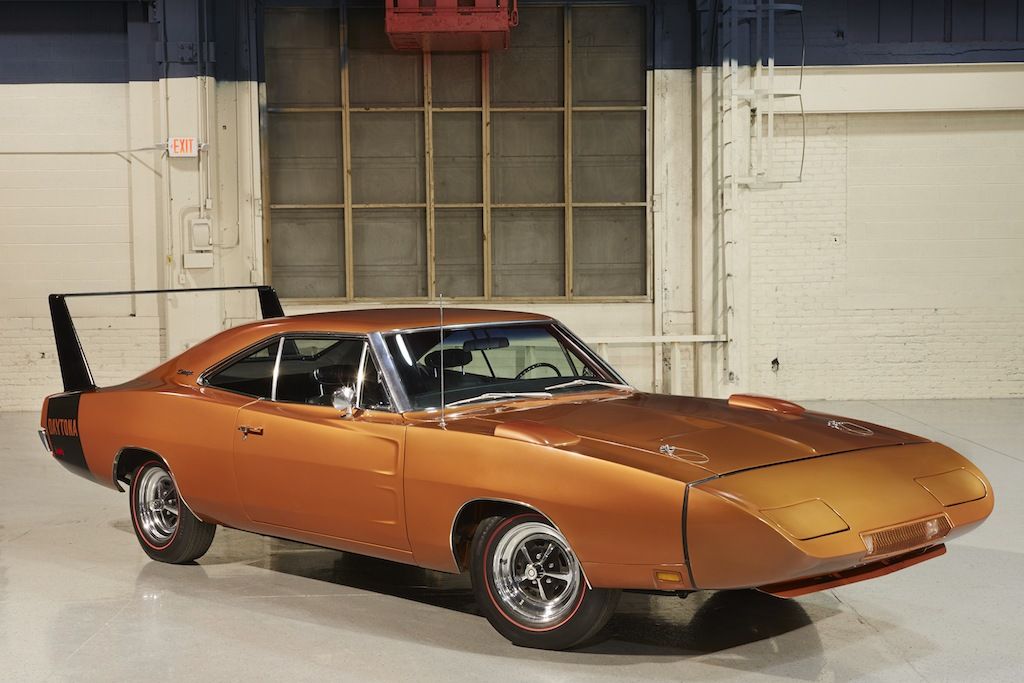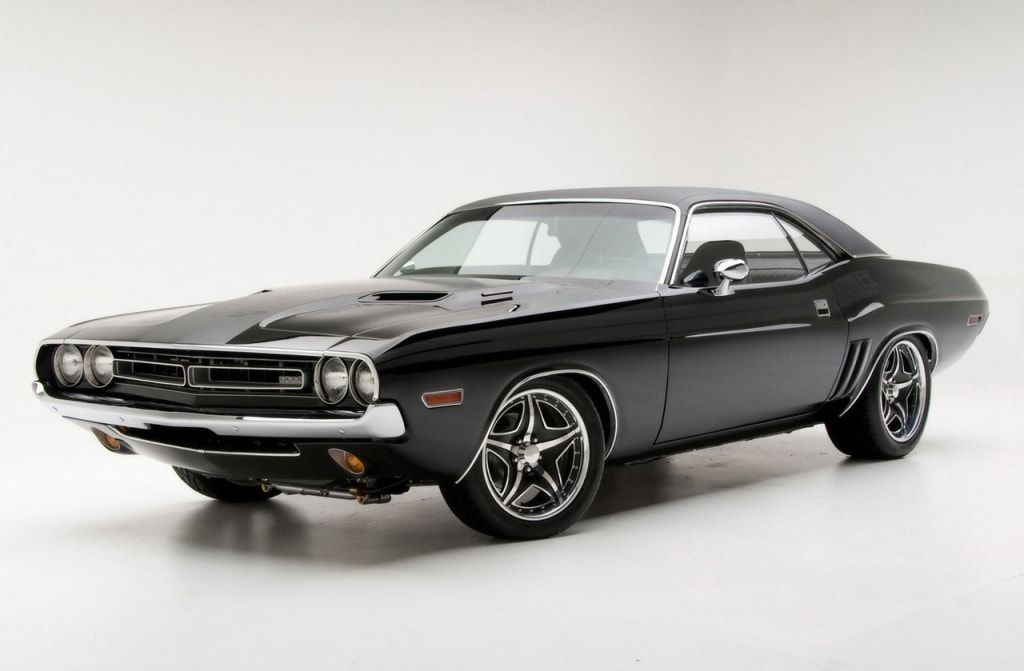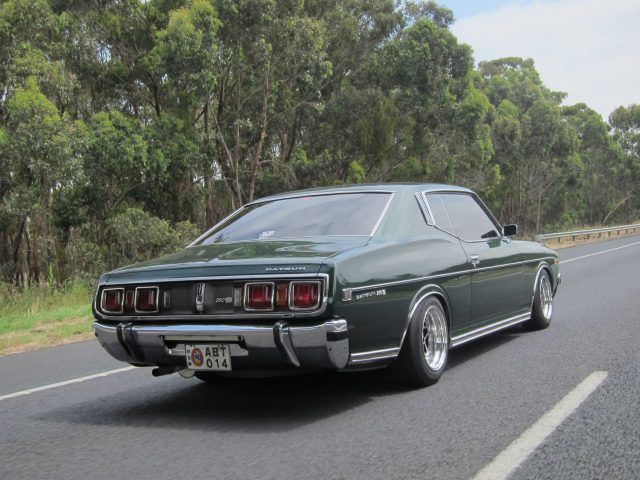The classic car industry is surprisingly booming, and as per usual, it's attracting all and sundry to have a piece of the cake. From hobbyists to investors, these cars are highly sought after due to their rarity, heritage, power, and beautiful looks. So much so, that by the day, getting examples in even acceptable conditions is becoming harder to achieve, as most are either not worth it or are beyond redemption.
Although having a classic car with a percieved high value in your garage can be a cool thing to show off, and might be tempting, this is not necessarily true in many, if not most cases. The headache of owning a classic may not be worth your time and money, so hopefully the following reasons will make you weigh your options wisely.
9 They Are Expensive To Run
Owning a Classic car demands that you must have deep pockets in order to keep it up and running. It is no surprise that even a perfectly restored and excellent example may cost 3 to 5 times more to maintain than a modern car of the same brand (if it has not been discontinued), and it gets worse the older it gets.
This can easily be attributed to the old technology it runs on which is already obsolete. Here, issues like frequent breakdowns rust, and repair invoices would be an everyday life affair. The inconveniences experienced is not what could be termed ‘enjoyable’.
8 They Are Quite Unreliable
Modern cars, with the influx of highly advanced technologies in engine management systems, have made us forget the annoying days of the carbureted engine and the ancient technology from that time. This translates to one invaluable word: Reliability.
From failing ignition systems that require constant attention to frequent servicing, owning a classic car may easily be an inconvenience in this fast-paced world. It is not unusual to encounter classic cars that have some of its major components already rebuilt or replaced at one time in its life, due to age and condition in which it was used and stored.
7 Spare Parts Can Be Difficult To Come By
All machines at one time in their useful lives will need repair and maintenance, which may require damaged or worn out parts to be replaced. For cars older than 30 years, this poses a significant problem, as sourcing replacement parts never comes easy, particularly OEM parts.
The best bet in most cases is stripping similar cars in a scrapyard, which isn't what most people would like to do during the weekend. This concern has in fact established a market to cater to such needs depending on the makes, marques, and model years.
6 The Era And Motoring Conditions No Longer Exist
50 years ago, emissions regulations were practically nonexistent. Until the oil crisis in 1973, fuel efficiency took the backseat in the priority of car manufacturers in favor of greater engine displacements and more horsepower. The use of safety belts, crumple zones, and airbags was not even a novelty.
These days, these things are commonplace and even mandatory to have in a car to assure safety and for environmental considerations. Driving and owning a classic car may not inspire much confidence on the road. Even more so, it could subject you to a road tax bracket that may not be pocket-friendly.
5 They Can Be Expensive To Buy
The classic car market has enjoyed strong returns for decades. It is not unusual for classic car values to jump 200-500 percent in a decade. The rarer it gets, the more valuable it becomes, as long as it is in good and marketable condition.
Although rising interest rates are gradually slowing down the pace, particularly in the US and UK, this speculative investment requires big money, from tens of thousands to millions of dollars in some cases. With people looking at classic cars as a potential store of value. Prices will keep un going up, at least for now.
4 They Can Be Very Expensive To Restore
Getting the most from a classic car requires restoring it to how it was when it rolled off the factory. This means that every detail, function, and look must be very exact, as these, among other things, are the metrics used to determine its value.
All worn and damaged components are either replaced with exacting parts or repaired to the exact specifications. This requires a high level of skills, which are in very short supply, and if available, are very expensive to hire. It takes a great deal of patience, as some of the processes of restoration are not automated.
3 You Must Be Mechanically Inclined
Owning a classic car requires a great deal of knowledge about the vehicle, its heritage, its weaknesses, and its repairs. In some cases, it may even require you to be handy with tools and possess some mechanical repair skills, just in case it leaves you stranded during the Sunday drive.
This also can be an invaluable skill, especially during pre-purchase inspections, to help you make a well-informed decision, check its condition to estimate its value and also to help negotiate a fair price, factoring in all required restorations involved. So not having this skill may be a disadvantage.
2 They May End Up As Bad Investments
Buying a classic car requires you to be well-informed of the market, the demand, the value, and the estimated return on investment. One wrong move and fingers may be badly burnt. One mistake that should never be made is mixing the role of hobbyist and investor when buying classic cars.
While the former is driven by passion and has a no expense spared mentality, the latter is making decisions from a business standpoint. If buying to resell, within either long or short-term, forecasts regarding the economic viability of such vehicles must be put in perspective.
1 Professional Inspection Might Be Needed
Prior to the purchase or sale of a classic car, a pre-purchase inspection is usually highly recommended in order to get a well-informed update on the condition of the car. This usually covers all the vehicle systems, from chassis to drivetrain. And this is required to be very detailed; it requires the services of a professional to provide such service.
This is a very important step, as it gives the proposed buyer all that is required to estimate current value, cost of repair, maintenance, and running costs, and selling price point if the vehicle is to be flipped.

